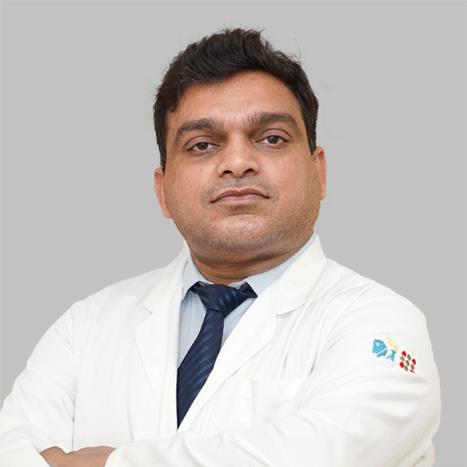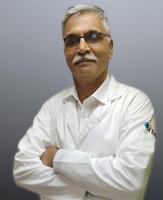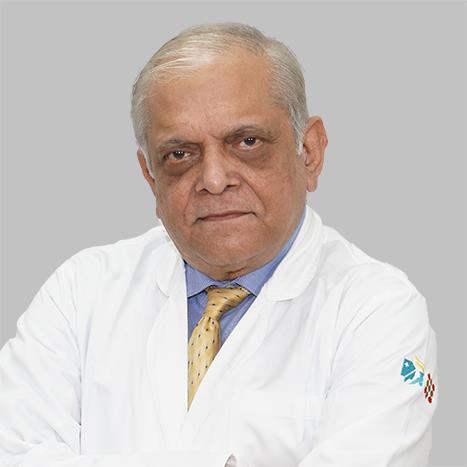Best Doctors for Muscular Dystrophy in Lucknow
Muscular dystrophy comprises a group of inherited genetic disorders that lead to progressive muscle weakness and degeneration. This condition is caused by mutations in the genes responsible for healthy muscle structure and function. These mutations, inherited from one or both parents, affect crucial proteins like dystrophin, necessary for maintaining healthy muscle fibres. In some cases, these genetic alterations may occur spontaneously without any known family history. Different types of muscular dystrophy affect specific muscle groups and have varying rates of progression.
Lucknow, a city steeped in culture and tradition, has witnessed a rise in medical conditions, one of which is muscular dystrophy. Thankfully, the city houses many adept muscular dystrophy specialists who are committed to providing comprehensive care to patients. Dealing with muscular dystrophy requires patience, persistence, and the right medical guidance. Apollo Hospitals Lucknow has a team of doctors for muscular dystrophy disease treatment who strive to offer the best possible treatment for those living with this condition.









 Call Now
Call Now





